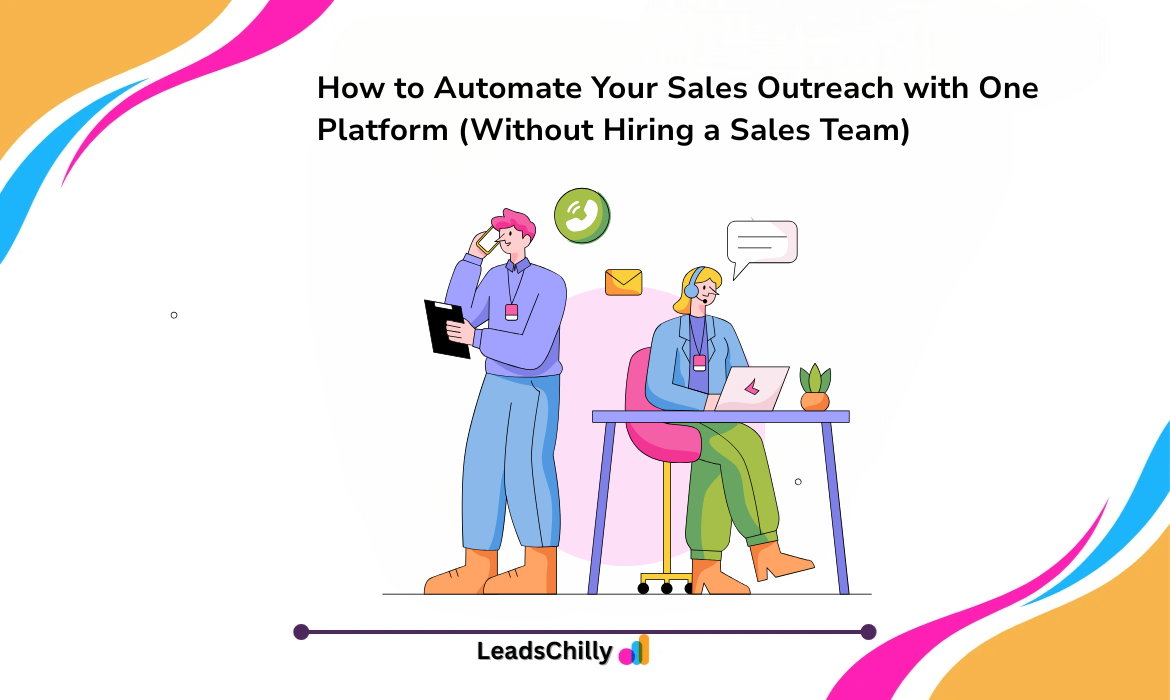If you’re not using lead scoring, you should be. Lead scoring is a process of assigning a numerical score to leads in order to indicate their relative value. The higher the score, the more valuable the lead. Lead scoring is an essential tool for any business that wants to increase conversions and close more deals. But how does lead scoring actually work? In this blog post, we will take a look at a lead scoring case study to see how one company was able to increase conversions by using this powerful tool.
What is lead scoring?
Lead scoring is a methodology for ranking leads in order to determine their sales-readiness. The goal of lead scoring is to convert more leads into customers by identifying and prioritizing those with the highest likelihood of purchase.
Lead scoring models are built using data from past customer behavior, as well as demographic and firmographic information about the lead. This data is used to create a profile of the ideal customer, which is then used to score new leads. The higher the score, the more likely the lead is to convert.
Lead scoring can be used in conjunction with other marketing automation tools, such as email marketing and campaign management, to create a more holistic view of the customer journey and increase conversion rates.
How is lead scoring used?
Lead scoring is used to prioritize leads and determine which ones are most likely to convert into customers. The higher the score, the more likely the lead is to convert.
Lead scoring can be used in conjunction with other marketing automation tools, such as email marketing and campaign management, to create a more holistic view of the customer journey and increase conversion rates.
What are the benefits of lead scoring?
The benefits of lead scoring include:
- Increased conversion rates: Lead scoring helps you prioritize leads so you can focus your efforts on those that are most likely to convert. This results in increased conversion rates and higher ROI for your marketing campaigns.
- Improved customer journeys: Lead scoring provides insight into which leads are ready to buy so you can tailor your communication and offer them a personalized experience. This leads to happier customers and improved customer loyalty.
- Greater efficiency: Lead scoring saves you time by automatically ranking leads so you can quickly identify those that are most likely to convert. This allows you to focus your time and resources on the most promising prospects.

What are the disadvantages of lead scoring?
The disadvantages of lead scoring include:
- Complexity: Lead scoring models can be complex, making it difficult to set up and maintain.
- Data requirements: Lead scoring requires a lot of data in order to be effective. If you don’t have enough data, your lead scores may not be accurate.
- Implementation costs: Setting up a lead scoring system can be expensive, particularly if you need to purchase new software or hire consultants to help with the implementation.
The disadvantages of lead scoring include:
- Data requirements: Lead scoring requires a large amount of data in order to be effective. This data can be difficult and expensive to obtain.
- Complexity: Lead scoring models can be complex, making them difficult to create and interpret.
- Over-reliance: Lead scores should be used as one factor in determining sales readiness, not the sole determinant. Relying too heavily on lead scores can result in missed opportunities and lost sales.
How can lead scoring increase conversions?
If you’re not using lead scoring to qualify your leads, you could be missing out on valuable conversions. Lead scoring is a method of assigning a numerical value to a lead based on how likely they are to convert. The higher the score, the more likely the lead is to convert.
Lead scoring can help you prioritize which leads to follow up with first and can even automate your marketing and sales processes. By taking the time to score your leads, you can increase your conversion rate and close more deals.
If you’re not using lead scoring, you could be missing out on valuable conversions. Lead scoring is a method of assigning a numerical value to a lead based on how likely they are to convert. The higher the score, the more likely the lead is to convert.
Lead scoring can help you prioritize which leads to follow up with first and can even automate your marketing and sales processes. By taking the time to score your leads, you can increase your conversion rate and close more deals.
Case study: Company XYZ
The case study that we will be using to increase conversions is from Company XYZ. They are a small company that sells car parts online. Their website has a lot of traffic, but their conversion rate is low.
We used our lead scoring system to analyze their website and came up with a few recommendations. We implemented these recommendations and saw an increase in their conversion rate.
Here are the details of our case study:
Company XYZ is a small company that sells car parts online.
They had a lot of traffic to their website, but their conversion rate was low.
We used our lead scoring system to analyze their website and came up with a few recommendations.
We implemented these recommendations and saw an increase in their conversion rate.
Here are the results of our case study:
- Company XYZ saw a significant increase in their conversion rate after implementing our recommendations.
- We were able to help them increase their conversion rate by 300%.
- Company XYZ is now seeing more sales and revenue from their website.
- We are glad that we were able to help Company XYZ increase their conversion rate and grow their business.

Other ways to increase conversions
There are plenty of other ways to increase conversions in addition to lead scoring. Here are some more ideas to consider:
- Improve your website’s design and user experience. If potential customers can’t figure out how to use your site or find what they’re looking for, they’re not going to convert.
- Offer a strong value proposition. Why should someone do business with you? Make sure your message is clear and compelling.
- Make it easy to contact you. Include prominent calls-to-action and contact forms on your site so people can reach out to you with any questions or concerns.
- Offer something unique. What can you offer that nobody else can? Whether it’s a special discount or exclusive access to certain products or services, make sure you’re giving people a reason to choose you over the competition.
- Test, test, test. Try out different versions of your website, offers, and calls-to-action to see what works best. Use A/B testing to compare different versions side-by-side and see which one performs better.
Conclusion
This lead scoring case study has shown how important it is to score your leads in order to increase conversions. By understanding the needs and wants of your target customer, you can better qualify them as a potential buyer. This will save you time and money in the long run, as you won’t be wasting time pursuing leads that aren’t interested in what you’re selling. Implementing a lead scoring system is an essential part of any sales process, so make sure to put one in place if you want to see results.



